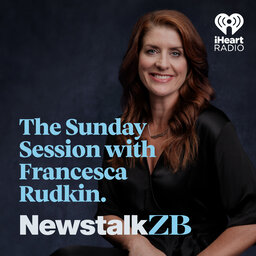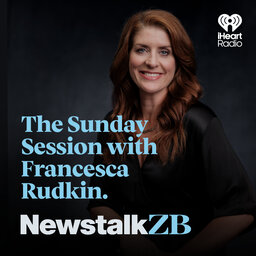The Sunday Panel: Is the collective reliance on Bank of Mum and Dad problematic?
This week on the Sunday Panel, broadcaster and journalist Wilhemina Shrimpton and economist at Opes Partners Ed McKnight joined in on a discussion about the following issues of the day - and more!
Two participants in the Government's pilot boot camp were arrested in Waikato yesterday, following reports of an attempted carjacking involving a machete. Is this a bad start for the new initiative? Should we find an alternative solution?
More millennial and Gen Z-aged Kiwis have turned to the Bank of Mum and Dad to fund their first homes. Is this problematic?
LISTEN ABOVE
 The Sunday Session with Francesca Rudkin
The Sunday Session with Francesca Rudkin


